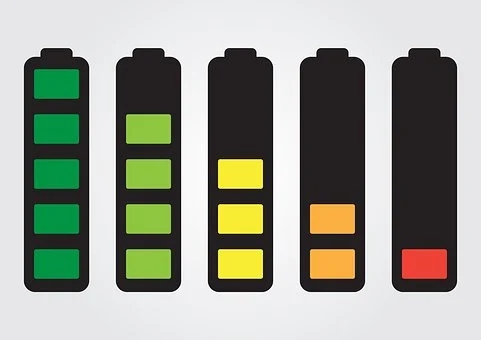
New energy vehicle power battery cascade utilization management has become a key policy direction
In today's world, resources and the environment are important conditions for human sustainable development. Recently, the “Tenth Power Battery Recycling Industry Summit” jointly organized by China Battery Alliance Network, China Green Supply Chain Alliance Battery Special Committee, China Electronics Energy Conservation Technology Association Battery Special Committee, and Beijing Green Smart Energy Technology Research Institute The Summit Forum on Echelon Utilization of Battery Industry was held in Beijing. Cui Yan, deputy secretary-general of the China Material Recycling Association, introduced that in recent years, with the joint efforts of the government, society, renewable resource industry associations, and industry enterprises, the standardization of the renewable resources industry has made phased progress.“Up to now, there are 158 national standards in the field of renewable resource recycling and 27 national standard programs under development, which have effectively promoted the large-scale and standardized development of the resource recycling industry, with an output value of up to 2 trillion yuan. At the same time, it has effectively reduced solid waste. Land ownership and ecological security risks brought by the storage of objects.” Cui Yan said.
Li Li, former first-level inspector of the Department of Energy Conservation and Comprehensive Utilization of the Ministry of Industry and Information Technology and vice chairman of the China Green Supply Chain Alliance, pointed out that my country will achieve "carbon peak" in 2030 and achieve "carbon neutrality" in 2060. Therefore, the promotion of new energy industry, Promoting the green development of society is an inevitable development trend in the future. "my country's new energy vehicle market is the world's largest new energy vehicle market. It will reach the production and sales target of 5 million vehicles by 2025, and the annual installed capacity of power lithium batteries has reached 70GWh. In 2020, retired power batteries have reached 25GWh. If these retired batteries are not correct Proper recycling will harm the environment and waste resources." Li Li believes.
With the further deepening of new infrastructure, electrification process, energy structure transformation and power system reform, lithium battery energy storage will usher in explosive growth. Yang Junfeng from the Battery Energy Storage Research Office of the CCID Research Institute of the Ministry of Industry and Information Technology predicts that by 2025, my country’s cumulative installed capacity of lithium battery energy storage will reach 50GW (36 times that in 2019), with a market space of about 200 billion yuan; by 2035, it will reach 600GW (2019). 430 times the year), the market space is about 2 trillion.
Li Li believes that, although the power battery industry is booming, it still faces many problems. The power battery industry faces six major challenges. The first is that the restraint mechanism needs to be strengthened; the second is that the recycling system has not been established; the third is that key technologies need to be broken through; the fourth is that industry standards still need to be improved; the fifth is that the industrial layout is unreasonable; the sixth is that the training of talents is relatively lagging.
Yang Qingyu, Deputy Secretary-General of the Battery Special Committee of China Green Supply Chain Alliance, said that the Ministry of Industry and Information Technology has successively issued the "Industry Standards for the Comprehensive Utilization of Waste Power Batteries for New Energy Vehicles" and "Guidelines for the Construction and Operation of New Energy Vehicle Power Battery Recycling Service Networks" and other related management The policies all involve the management of echelon utilization. In October 2020, the Ministry of Industry and Information Technology issued the "Administrative Measures for the Echelon Utilization of New Energy Vehicle Power Battery (Draft for Comment)". Echelon utilization management has become a key policy direction. Some pilot places further encourage and support the exploration of echelon utilization technologies and business models.
















 RCCN WeChat QrCode
RCCN WeChat QrCode Mobile WebSite
Mobile WebSite